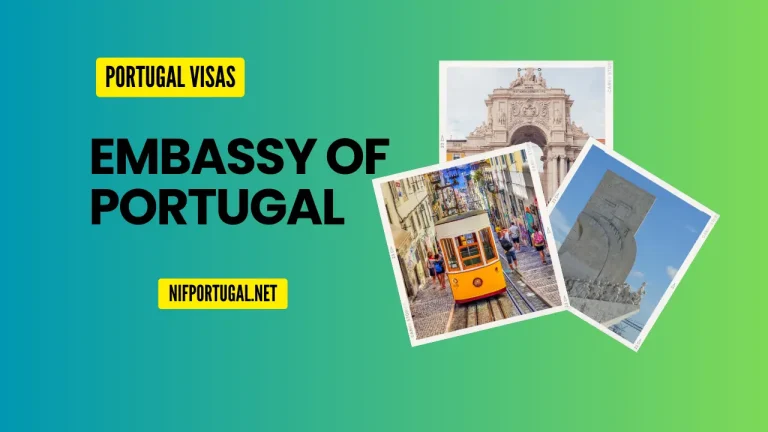History of Portugal | Brief Discussion
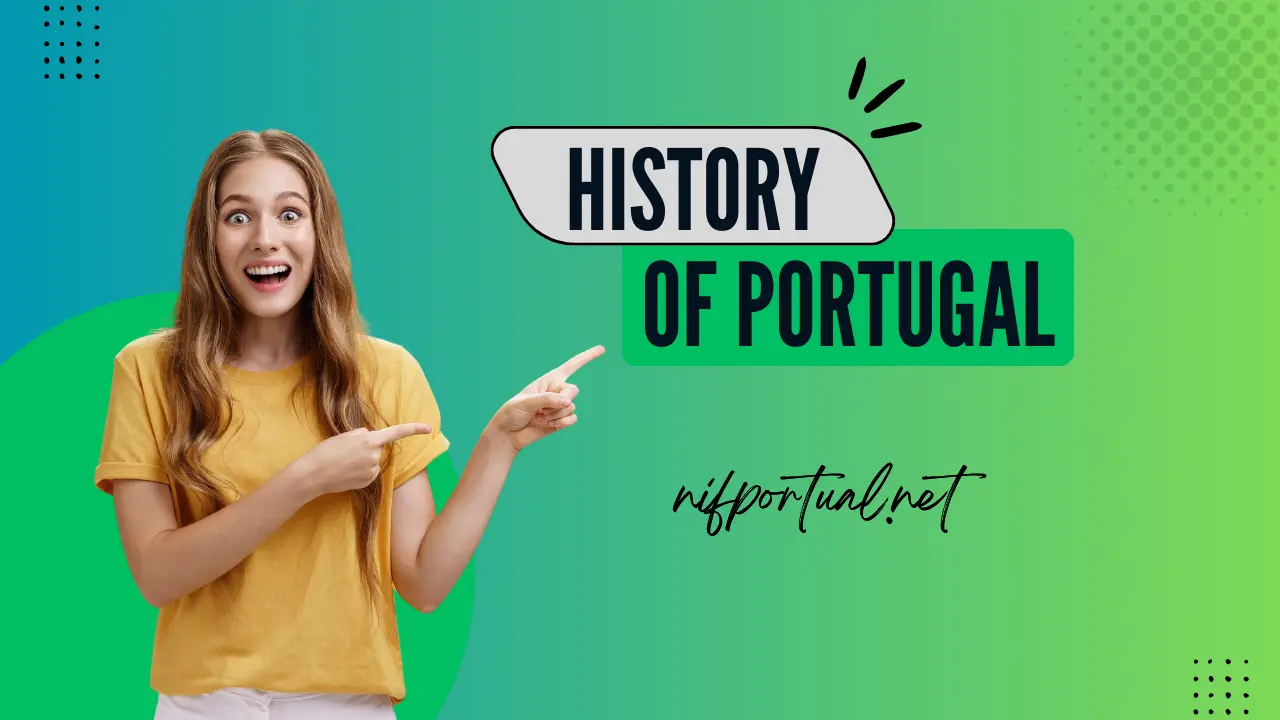
Are you a history enthusiast or a history buff? Someone living in Portugal may have a keen interest in Portuguese history. I can relate to your position because you’re here, and I can see a little version of myself in you. I was also the same person keen to know about my country’s history and ancestral background.
You may already be investing your time in reading books, visiting historical locations, and having conversations to learn more about the beginnings and growth of the nation. Portugal is also one of the oldest countries in Europe’s history, which means numerous hidden treasures and beauties still left to explore.
This blog post will discuss Portugal’s history in detail. So, it’s better to begin without wasting any minutes here!
Overview of Portugal’s history
It was founded in 1143 when they agreed to Afonso, who became the first king of Portugal as appointed. Later, in 1179, it was confirmed that Portugal was a separate European country or an independent kingdom. Primarily, the history of Portugal is typically linked to Muslim invasions and Christian Reconquista.
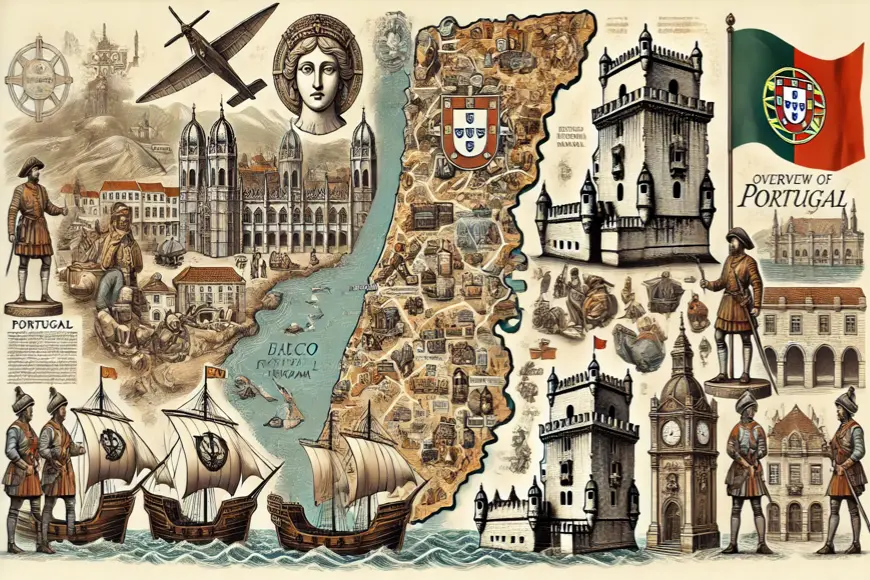
The history of Portugal starts with the Iberian tribe, which gained Portugal’s territory. It is known that the Romans thought highly of the race and named a region that included part of western Spain and all of modern-day Portugal south of the Douro River after them. To no surprise, Portugal modernized in the 20th century, broadening its financial sector to encompass a variety of products and services from one focused primarily on producing textiles and rearing cattle. Portugal covers almost one-sixth of the Iberian Peninsula, which is not considered a vast country but offers a lot, starting from low coasts and plains.
Returning to the history from where it all started, Rome established its dominance in Carthage and eventually seized control of Portugal in the 100s BCE after defeating Carthage in the Second War. At that time, the locals were referred to as Callaeci or Gallaeci. Portugal saw the growth of mining, the building of new temples, and a proliferation of the farming industry during the Roman era. Also, in 1112, the young prince and his mother were appointed to rule Portugal. Christianity was also introduced during this time.

The Educational System of Portugal
During the 1970s, Portugal’s literacy rate was only 25%, despite the development of educational policy. After 1974, it all started changing for the better to match the overall European system. From 1974 to 1975, fresh courses were developed for primary education, including the first four years. Several initiatives, including school transportation, dining halls, housing, meals, and financial assistance for families, helped make compulsory education successful.
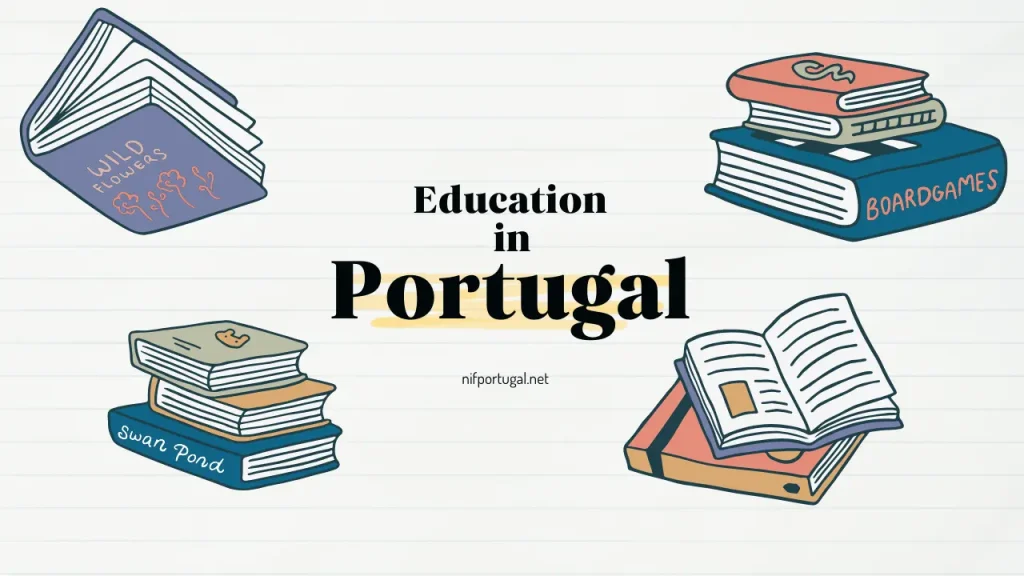
How to Apply Portugal Job Seeker Visa
Economic Industry of Portugal
Unlike some of Europe’s underdeveloped countries, Portugal has been considered the wealthiest country in Europe in the 19th and 20th centuries. Whereas, as said, South Africa, Asia, etc, were at the mouth. When talking about the economic system and its growth, the researchers write that 1986, they joined the EEC, the European Economic Community.
Additionally, Portugal has still not advanced in the agricultural system, but other than that, it is doing pretty well on a big scale. Early in the twenty-first century, economic expansion had significantly increased earnings, decreased unemployment, and elevated quality of life.
Agricultural Industry of Portugal
Portugal grows potatoes, grapes, vegetables, olives, rice, and cereals (wheat, barley, corn, and rice). Due to a lack of agricultural investment, Portugal’s crop yields and livestock output are much lower than those of the rest of the European Union if we compare them with Portugal’s population.
In addition, Portugal has a scattered land-tenure framework, low levels of automation, and inadequate usage of agricultural products, all of which eventually limit the nation’s ability to grow. At the same time, Portugal is considered the top producer of potatoes and the biggest vine exporter of grapes. Lastly, one-third of Portugal’s land is used for agricultural purposes, and they produce fruits, mainly apples and oranges.
The Manufacturing Industry of Portugal:
As per Portugal’s history timeline, Portugal’s manufacturing industry is primarily in Lisbon, Portugal’s capital, alongside Porto, Portugal, and Braga in the north. Separately speaking, Lisbon and Setúbal assist with concrete processing, refinery of petroleum, manufacturing of chemicals, and car building.
Additionally, Setubal supports producing electronic devices, seafood and beverage preparation, wood pulp, and cork. Apart from this, North America has a light industry compared to the South. However, Porto is where textiles, furniture, shoes, wine, and processed goods are made. Nevertheless, these sectors saw reform in the late 1980s, and almost all state-owned businesses were sold off as private sectors.
Job in Portugal for Expats ( Foreigners)
Cultural Values of Portugal
Portugal is mainly a Roman Catholic nation. Thus, various influences, such as Celtic, Lusatian, Phoenician, Germanic, Visigoth, Viking, Sephardic Jewish, and Moorish, are responsible for its rich cultural heritage. Regarding their cultural and religious beliefs, the majority of Portuguese people still want to be catholic and get married in a church, even though many of them state not to be devoted supporters of the community. Also, approximately 85% of the population is religious.
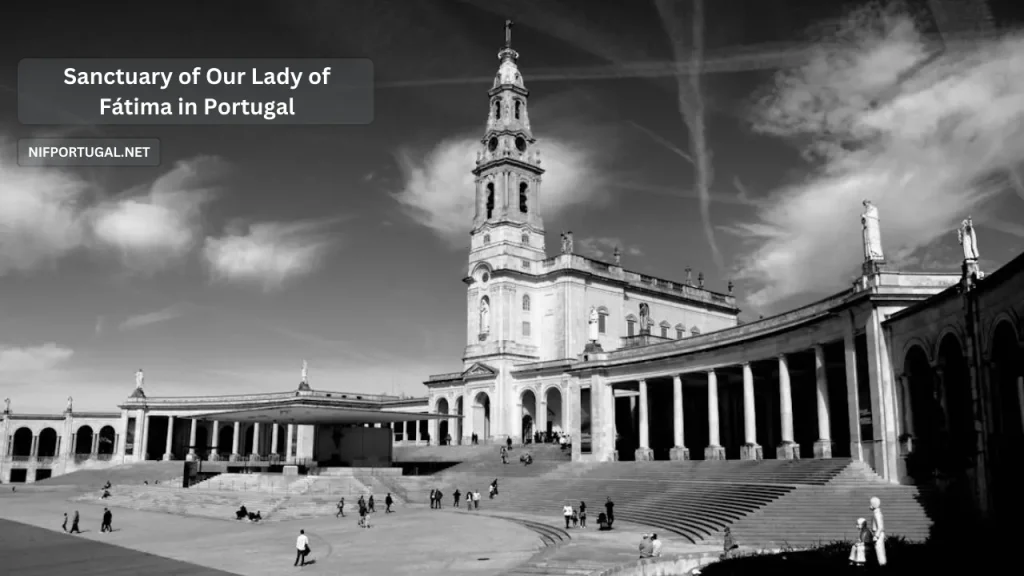
To get the most out of your experience, be it their culture, religious values, architecture, and whatnot, I recommend that you visit and live in Portugal. Portugal offers something for everyone: financial independence, healthcare, and education costs for your children, the environment, or technology.
Sign Up with Us – A Doorway to All Your Problems
To become a citizen of Portugal, one of the most important things you need is your Tax Identification Number (TIN Online Portugal) and Social Security Number, NIF, and NISS respectively. An NIF is a universal number, required for all document applications regarding immigration or settling down in Portugal. More frequently than the passport number, the NIF (Numero de Contribute) is required. A NIF number is required for everyone operating in Portugal, including contractors, employees, and students. However, you will require a Portugal NISS number if you are retired or do not intend to work. Consequently, depending on your job situation, you may or may not require a NISS in Portugal.
You must contact an authentic and reliable organization to complete these documents immediately. The Portuguese-based online organizations, “NIF Portugal,” specialize in making your life easy, and we have an official lawyers team to deal with our clients’ queries. So, if you cannot get your NIF, we are here to help you with highly qualified staff working 24/7 to deliver the best services in Portugal. Our Policy is to provide a user-friendly environment to our valued clients and a 100% money-back guarantee.



